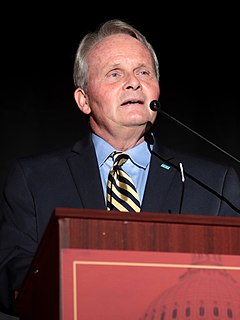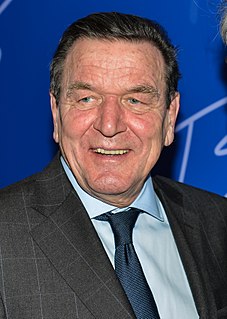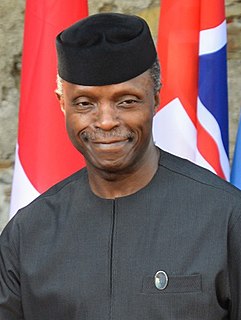A Quote by Steve Hanke
There is always the potential for a central bank to engage in discretionary monetary policy and to break the one-to-one link between changes in foreign reserves and changes in the money supply.
Related Quotes
Monetary reform, if it is to be genuine and successful, must sever money and banking from politics. That's why a modern gold standard must have: no central bank; no fixed rations between gold and silver; no bail-outs; no suspension of gold payments or other bank frauds; no monetization of debt; and no inflation of the money supply, all of which have proved so disastrous in the past.
Inflation is certainly low and stable and, measured in unemployment and labour-market slack, the economy has made a lot of progress. The pace of growth is disappointingly slow, mostly because productivity growth has been very slow, which is not really something amenable to monetary policy. It comes from changes in technology, changes in worker skills and a variety of other things, but not monetary policy, in particular.
Significant changes in the growth rate of money supply, even small ones, impact the financial markets first. Then, they impact changes in the real economy, usually in six to nine months, but in a range of three to 18 months. Usually in about two years in the US, they correlate with changes in the rate of inflation or deflation."
"The leads are long and variable, though the more inflation a society has experienced, history shows, the shorter the time lead will be between a change in money supply growth and the subsequent change in inflation.
Global central banks are working hard to lift their economies through an aggressively easy monetary policy. The ECB [European Central Bank] and BOJ [Bank of Japan] are buying tens of billions of bonds and other financial securities each month in an effort to stimulate their economies, which is pushing down rates everywhere, including in the U.S.
We can tell the general public that the gold and foreign currency reserves of the Central Bank are not designed to finance the economy, but rather to ensure foreign trade turnover. Therefore, we need this level to be able to provide the necessary foreign trade turnover for such an economy as Russia's for a period of at least three months.
A whole series of changes that are in the code, are in the laws of the United States. If Cuba changes its position toward its own people, well then the policy of the United States changes also. That is what I would go after. I believe that many of the changes that this President has made, President Obama, are in violation of that law.
In 1977, when I started my first job at the Federal Reserve Board as a staff economist in the Division of International Finance, it was an article of faith in central banking that secrecy about monetary policy decisions was the best policy: Central banks, as a rule, did not discuss these decisions, let alone their future policy intentions.

































